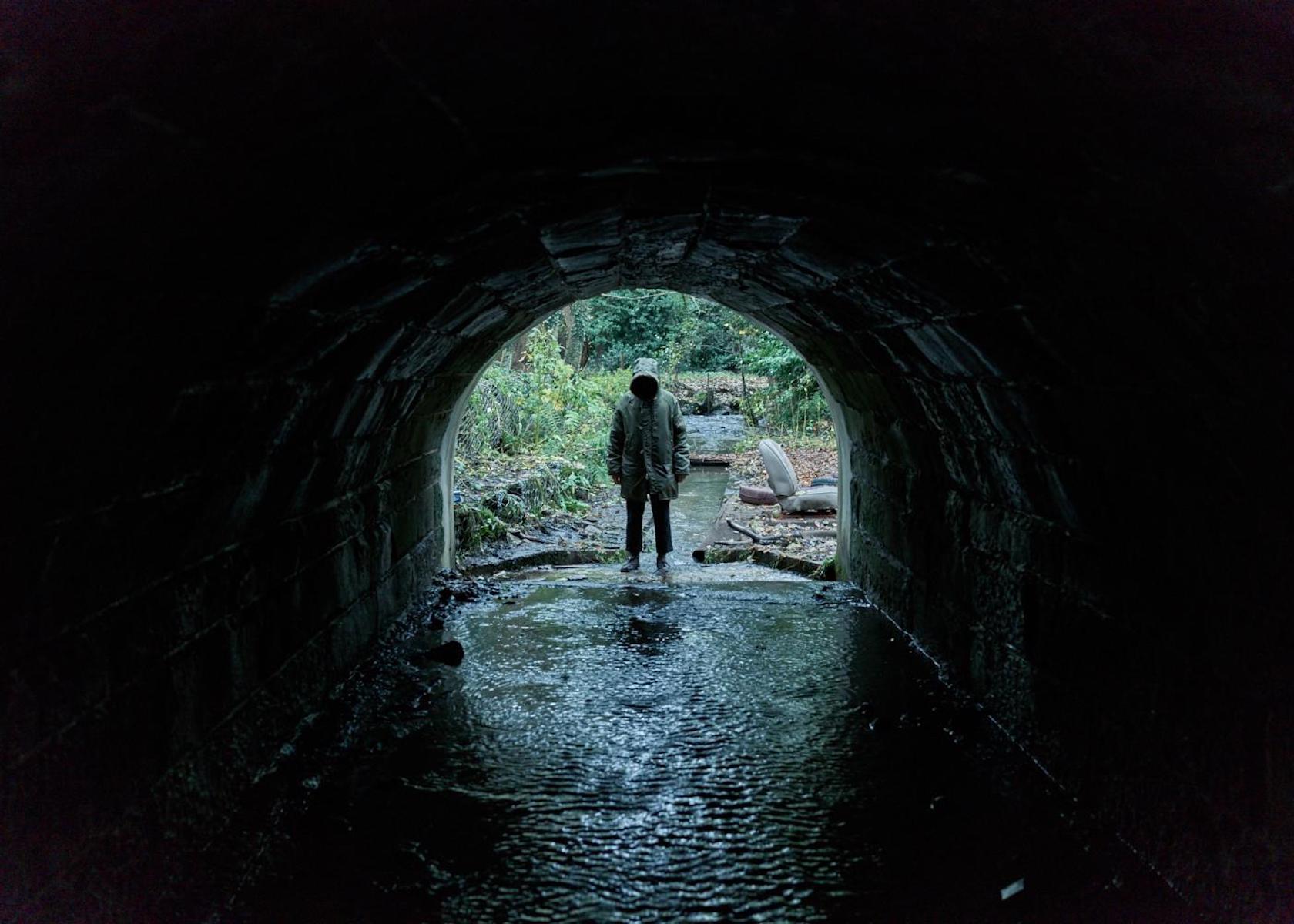Judy
by George Wolf
Call it a comeback, a re-introduction or a friendly reminder, but Renee Zellweger’s channeling of Judy Garland is an awards-worthy revelation.
Since winning an Oscar for Cold Mountain over fifteen years ago, Zellweger’s resume has been scattershot and curious enough to make seeing her name on top of the marquee a rather nostalgic blast from the past.
But here, she’s just a blast, bringing a can’t-look-away magnetism to every moment she’s on screen, and leaving a noticeable absence when she’s not.
Based on Peter Quilter’s stage play The End of the Rainbow, Judy shows us a legend struggling to get work and fighting to retain custody of her children. By the late 1960s, daughter Liza was off starting a career of her own, but Judy’s two young kids with producer Sid Luft needed a stable home that Garland could not provide.
Accepting a lucrative offer for a string of concerts in London, Judy leaves her son and daughter with their father in hopes that the British engagement will give her the resources needed to take them back full-time.
Focusing on this late, sad period in Garland’s life is a wise move by director Rupert Goold (True Story) and screenwriter Tom Edge (The Crown). A limited scope can usually provide biopics with a better chance for intimacy, and true to form, Judy’s false notes arrive with the flashbacks to Garland’s days as a child star.
Showcasing her mistreatment as a young cog in the MGM studio system is well-intentioned but unnecessary, the blunt forcefulness of this thread adding little more than jarring interruption.
Zellweger is all we need to feel the tragedy of Garland’s fall. Her portrayal comes fully formed, as both remarkable outward impersonation and a nuanced glimpse into a troubled soul. Nary a movement seems taken for granted by Zellweger, and her delivery of Edge’s memorable dialog is lush with an organic spontaneity.
And though she barely sang publicly before her training for Chicago, Zellweger again shows impressive vocal talent. Of course she can’t match the full richness of the real Judy (who could?), but Zellweger’s style and phrasing are on-point bullseyes, never shrinking from Goold’s extended takes and frequent closeups during some wonderfully vintage musical numbers.
In one of the film’s best moments, Judy joins two male superfans (Andy Nyman, Daniel Cerqueira) for a late night dinner at their apartment. I won’t spoil what happens, but have some tissues handy. It’s a beautifully subtle and truly touching ode to Garland’s status as an early gay icon, and to the universal pain of loneliness.
Ironically, this brilliant performance should bring Zellweger the second act that Judy didn’t live long enough to enjoy. I’m guessing she’ll appreciate it, and I know she’s earned it.


